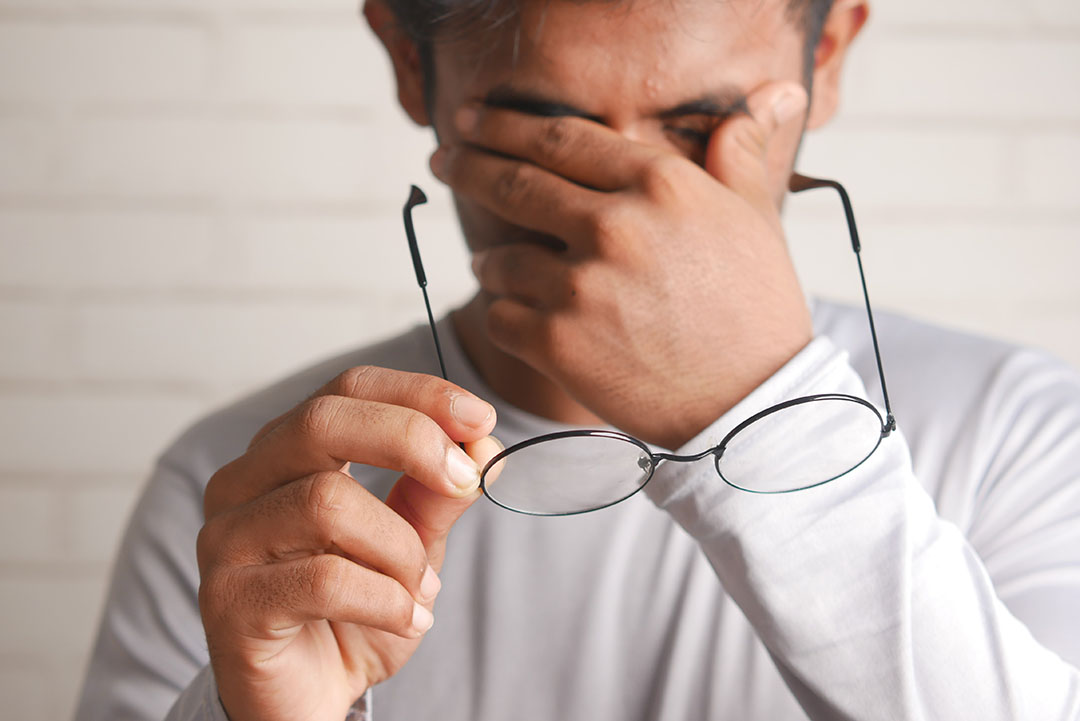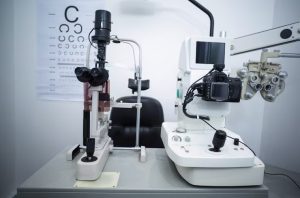All Categories
Featured

Taking care of persistent eye conditions can be a difficult journey, but with the best strategy, patients can keep a high top quality of life and protect their vision. Persistent eye problems such as glaucoma, macular deterioration, diabetic retinopathy, and completely dry eye disease often need long-term administration and consistent care. The secret to efficiently handling these problems lies in a combination of expert care, way of life adjustments, and routine surveillance.
- Routine Eye Exams
Regular eye tests with an optometrist or eye doctor are vital for checking the progression of persistent eye conditions. Clients ought to stick to the routine suggested by their eye care specialists, as normal exams can help catch any issues before they intensify.
- Sticking To Prescribed Therapies
Numerous chronic eye problems are manageable with medicine, way of life adjustments, or a combination of both. Eye drops are commonly prescribed to deal with glaucoma, while anti-VEGF shots might be advised for macular deterioration.
- Diet Plan and Nutrition
Proper nutrition plays a vital function in maintaining eye health. Consulting with a nutritionist can help individuals tailor their diet to sustain eye health and wellness while managing other facets of their condition, such as blood sugar degrees for diabetic person patients.
- Securing the Eyes

Individuals taking care of persistent eye problems must take steps to protect their eyes from additional stress or damages. Wearing sunglasses that block UV rays can help protect the eyes from dangerous sunlight, which can aggravate conditions like cataracts or macular degeneration. In addition, staying clear of smoking cigarettes is essential, as it can boost the risk of numerous eye diseases, consisting of macular deterioration.
- Keeping Track Of Signs in your home
Tracking signs is one more vital aspect of managing chronic eye conditions. Clients should be aware of any adjustments in their vision, such as blurriness, unexpected vision loss, or boosted level of sensitivity to light, and report these changes to their doctor. Using devices like an eye graph in your home or surveillance visual disruptions can aid people stay positive in their treatment.
- Assistance and Education
Coping with a chronic eye condition can be mentally and mentally straining. Support from family members, close friends, or support system can make a significant difference in handling the problem. Several people additionally benefit from educational sources that aid them understand their diagnosis and therapy choices. Knowledge is power, and the even more clients recognize concerning their problem, the better outfitted they are to handle it efficiently.
Finally, taking care of persistent eye problems includes an all natural technique that includes normal eye exams, adherence to recommended treatments, maintaining a healthy diet plan, and protecting the eyes from additional damages. With the right treatment and support, clients can efficiently handle their eye health and wellness and keep their vision for several years to come.
Reliable Approaches for Managing Chronic Eye Conditions: An Individual's Guide

Persistent eye conditions such as glaucoma, cataracts, macular degeneration, and diabetic person retinopathy can dramatically affect an individual's top quality of life. Nonetheless, with an aggressive strategy and the appropriate sources, individuals can take charge of their eye health and wellness and prevent additional issues. This guide supplies practical strategies for effectively handling persistent eye conditions.
- Early Medical Diagnosis and Constant Monitoring
One of one of the most vital action in handling a persistent eye problem is very early diagnosis. By catching eye diseases in the very early stages, clients have a higher possibility of reducing down their progression. Regular eye tests are crucial, even for those who do not experience obvious signs. For example, glaucoma can advance without obvious symptoms up until substantial damage has happened. Normal check-ups enable physicians to track adjustments and readjust therapy plans appropriately, preventing long-lasting damages.
- Drug Management
Lots of chronic eye conditions can be managed or supported via making use of prescription drugs. Eye goes down for glaucoma, as an example, help in reducing intraocular stress and avoid optic nerve damages. For diabetic person retinopathy, controlling blood sugar level levels via drug and way of life modifications is key. Following suggested treatments and never missing dosages is vital for handling the problem successfully. People should constantly interact with their doctor if they experience any type of side effects or difficulties in handling their medicine program.
- Way Of Life Modifications
A healthy and balanced lifestyle is critical for taking care of chronic eye conditions. Routine exercise, a healthy diet, and adequate sleep add to general wellness and can have a favorable effect on eye health.
- Shielding the Eyes from Exterior Elements
Environmental aspects such as dust, wind, and sunlight can get worse signs and symptoms of specific eye problems. Putting on protective sunglasses with UV filters can secure the eyes from damaging rays that contribute to cataracts or macular deterioration. In addition, making use of synthetic tears or lubricating eye drops can aid manage the symptoms of dry eye condition, which prevails amongst individuals with persistent eye conditions.
- Psychological and Mental Health Assistance
Dealing with a chronic condition can be difficult, and dealing with adjustments in vision can cause sensations of aggravation or anxiety. Looking for psychological assistance from good friends, family members, or even sustain groups is an integral part of taking care of persistent eye conditions. Several patients also find it useful to speak with counselors or mental health professionals to develop coping methods for handling the emotional effect of their condition.
- Using Innovation
Improvements in innovation have given various devices to aid individuals handle chronic eye problems. Applications that track vision modifications, assistive devices for reading or flexibility, and low vision help can all boost day-to-day live. For example, text-to-speech gadgets and electronic magnifiers are beneficial for individuals with macular degeneration. By embracing readily available innovations, clients can maintain freedom and ease everyday activities.
In recap, taking care of chronic eye conditions entails a combination of early discovery, effective therapy, way of living modifications, and psychological support. By staying alert concerning eye health and making thoughtful choices, people can remain to enjoy life with very little disruption from their problem. Routine interaction with doctor and a dedication to self-care are the foundation of reliable administration.
Latest Posts
Check Out the Top Auto Repair Offers in Montclare, Chicago
Published en
1 min read
Uncover Leading Vehicle Maintenance Services offered by Montclare Auto Repair – Expert Care for Your Vehicle
Published en
1 min read
Professional Residential Roofing Solutions You Can Depend On
Published en
1 min read
More
Latest Posts
Check Out the Top Auto Repair Offers in Montclare, Chicago
Published May 26, 25
1 min read
Uncover Leading Vehicle Maintenance Services offered by Montclare Auto Repair – Expert Care for Your Vehicle
Published May 25, 25
1 min read
Professional Residential Roofing Solutions You Can Depend On
Published May 24, 25
1 min read